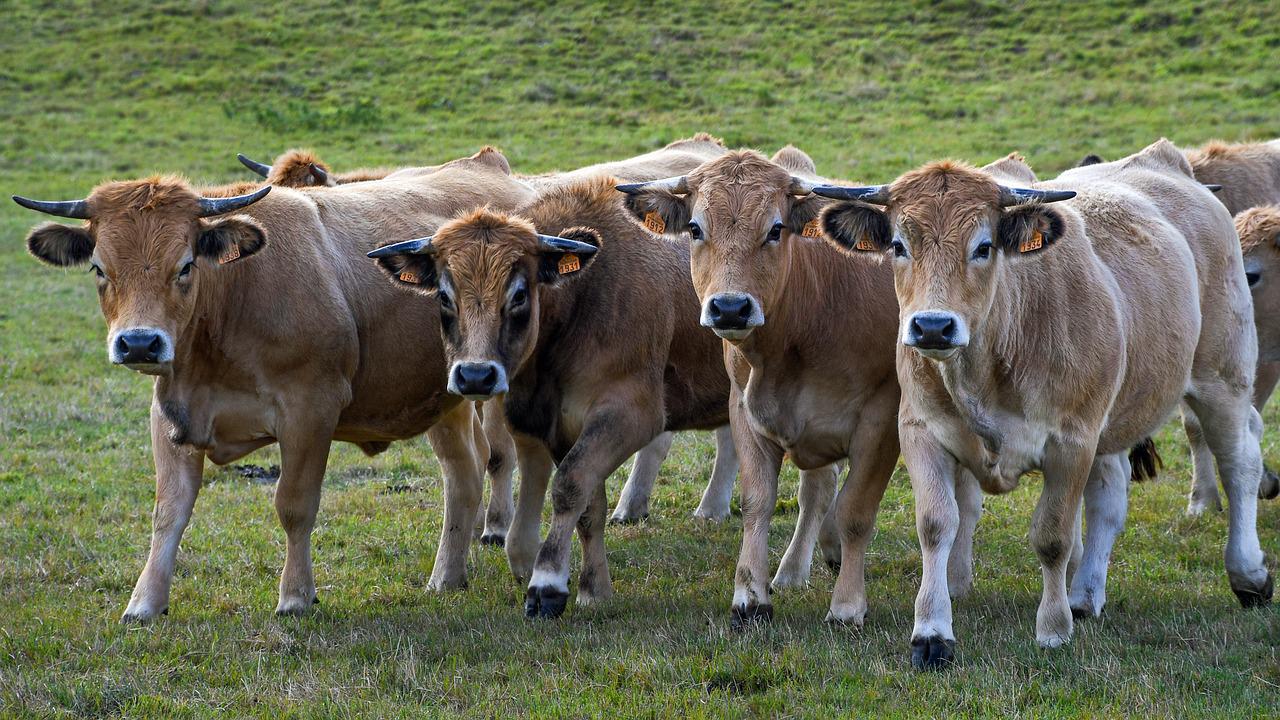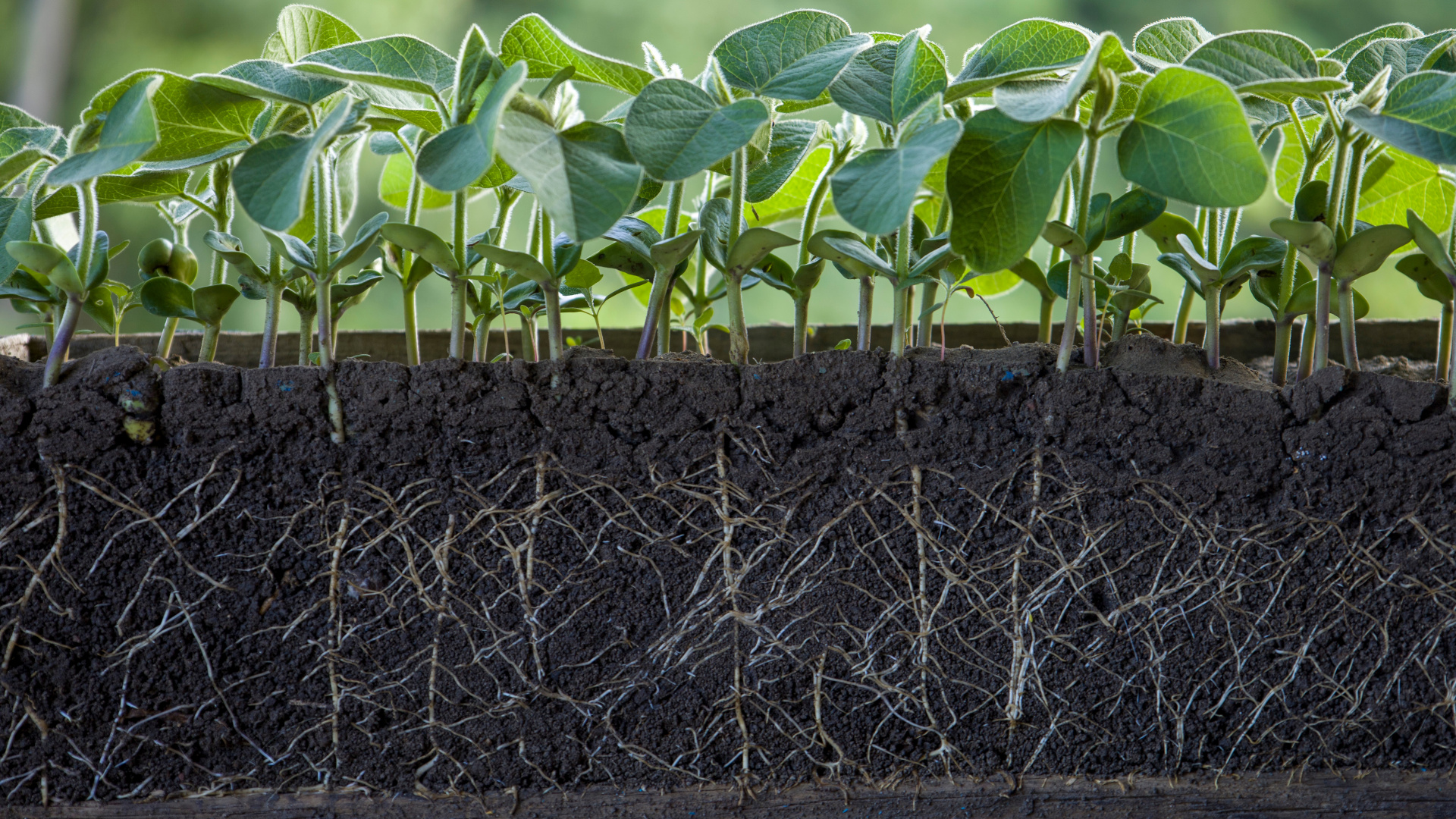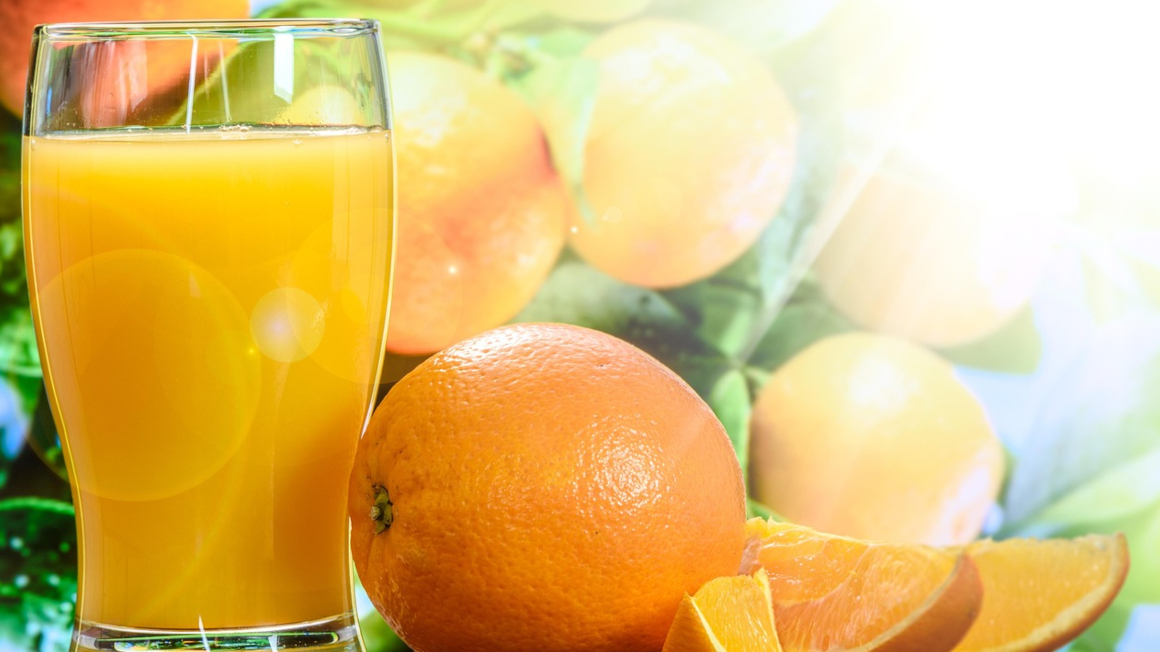Microbial protein as a beef alternative
If meat consumption were reduced by one-fifth, deforestation would be cut in half and fewer greenhouse gases would be produced.

The market for meat substitutes may still be small, but it is growing rapidly. Microbial protein could play a particularly important role as an alternative to beef, researchers from the Potsdam Institute for Climate Impact Research (PIK) report in the scientific journal Nature. If one-fifth of beef consumption were replaced in this way by 2050, this would halve deforestation compared to a business-as-usual scenario, the research team estimates. Microbial protein is ready for the market and is available in supermarkets in Switzerland and Great Britain, for example.
Microbial protein requires less agricultural land
"Food production and consumption account for one third of global greenhouse gas emissions, with beef production being the single largest source," explains Florian Humpenöder, a researcher at PIK and lead author of the study. This is because, on the one hand, carbon-storing forests are cleared for cattle farming and their feed crops, and on the other hand, greenhouse gas emissions are generated by ruminants and fertilizers. "Our results show that the production of microbial protein requires much less agricultural land than the same amount of protein from meat - even when you include the cultivation of the sugar that the microbes need," adds PIK researcher Isabelle Weindl.
Serve increasing desire for meat products
The future scenarios examined by the research team in its analysis extend to the year 2050. The parameters of the simulation are future population growth, food demand, dietary habits and the dynamics of land use and agriculture. Here, the experts assume that a growing world population will have a growing appetite for meat products.
Established and safe technology
Compared to plant-based meat substitutes and in vitro meat, the researchers believe microbial protein is a better option: It comes closer to the taste and mouthfeel of meat than most of today's plant-based protein products, and it is significantly cheaper to produce than in vitro meat. Moreover, the technology has been established since the 1980s, and the first microbial meat alternative has even been approved as a safe food in the U.S. since 2002. The protein is produced by fungal cultures that feed on sugar, and is similar to the processes used to produce beer or bread.
bl


